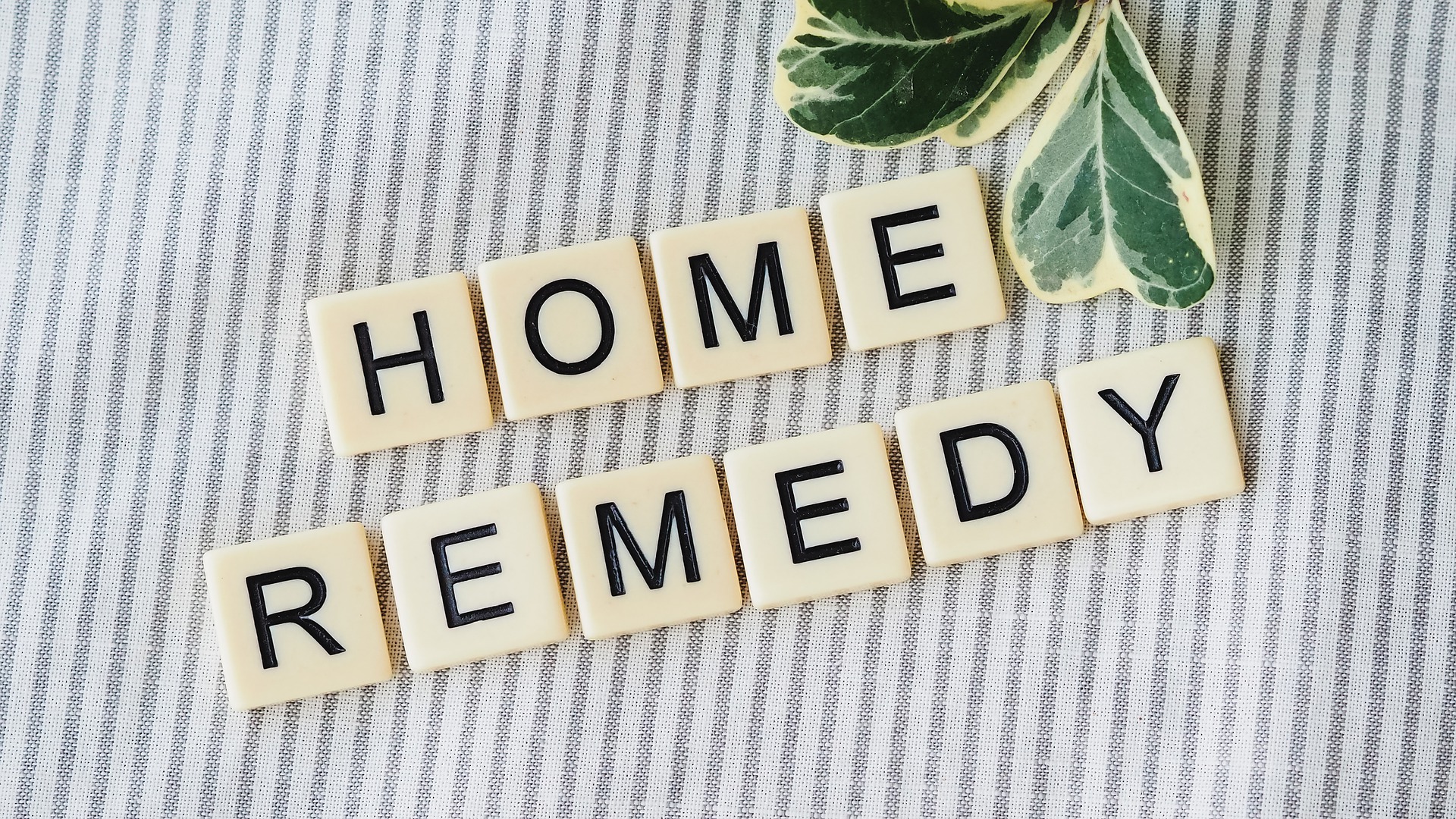If you are suffering from gastritis pain, the last thing that you need is for it to be worse. Fortunately, there are a few things that can help relieve your symptoms and get you back on track. The first step in relieving gastritis pain is to drink plenty of fluids. You should drink 8-10 glasses of water or other liquids per day. It will improve hydration levels which in turn reduces inflammation and acid reflux, thus making your symptoms better!
Table of Contents
Natural remedies for gastritis

Gastritis is an inflammation of the stomach lining that can occur when one or more factors have been in play.
These include: excessive alcohol consumption,the use of pain medication for a prolonged period, and H.pylori bacteria infections; which all cause too much acid to be produced by the stomach’s cells.
Gastritis sufferers often experience very painful symptoms such as abdominal discomfort and heartburns with difficulty swallowing food among other things due to their inflamed condition.
This means many people are unable to work properly because they feel so awful from these side-effects on top of gastric illness itself! Luckily there are treatments available at home like eating smaller meals spread out over time rather than three large ones per day.
Eight home remedies for gastritis
Not all remedies will work for everyone, so it’s important to try more than one of these until a person finds what works best.
Follow an anti-inflammatory diet to help your body relieve gastritis pain and reduce inflammation.
To keep gastritis at bay, you should eat broccoli and olive oil.Gastritis is when your stomach lining gets inflamed due to what you’re eating. Research has found that a diet high in fiber can help minimize inflammation but it doesn’t completely stop or prevent the problem from occurring for some people with this condition .
The best way to find out if certain foods are causing problems is by keeping track of what they’ve eaten through food diaries so there’s no guessing involved about where their symptoms may come from.
1 Some of the foods that commonly cause inflammation are:
Processed foods, such as canned food and fast foods; gluten from wheat products like bread or pasta. Acidic foods can be found in alcohol, vinegar-based dressings for salad greens or vinegars used to create sauces.
Dairy is a common culprit of sharp stomach pains due to the lactose sugar molecules it contains breaking down into smaller sugars which feed bacteria on your skin leading to infection while also being difficult for people with sensitive digestive systems that cannot break this molecule down properly.
These individuals may find relief using soy milk instead of dairy milk because its easier broken down by our bodies than other types of dairy product. Finally sugary goodies like candy bars are often overlooked when we’re trying not eat inflammatory.
2 You can take a garlic supplement.
The research on garlic extract suggests that it can help with the symptoms of gastritis. Some people have found success by eating raw or crushed garlic, but for those who don’t care much for its taste, there are some creative alternatives!
One option is to chop up your cloves and mix them in a spoonful of peanut butter (or another nut-based spread), which will mask the flavor well enough. Other options include wrapping chopped pieces around a dried date – because even though dates may not be as sweet as other fruits they give you an alternative high sugar content solution if needed.
3 Probiotics are good for you. You should try them if you can.
Probiotics are often used to improve digestion and encourage regular bowel movements. A probiotic supplement may also help stop the spread of H. pylori by introducing good bacteria into a person’s digestive tract.
Eating probiotic-rich foods may also relieve symptoms of gastritis, including:
- yogurt
- kimchi
- kombucha
- sauerkraut
- kefir
4 Green tea and honey may relieve gastritis pain.
Drinking green or black tea may help to reduce the occurrence of H. pylori, a bacterial infection that can lead to gastritis.
Manuka honey contains antibacterial properties that help fight infection and can be beneficial in healing to the stomach lining..
Drinking warm water or herbal tea might help with stomach discomfort and aid digestion. Manuka honey, which can be found at most health stores and online markets, is another powerful home remedy.
5 For relief from gastritis pain, use essential oils.
Essential oils are a great way to help with the digestive system because they can increase resistance to H. pylori and other bacteria that cause gastritis, while also relieving symptoms of indigestion or flatulence.
It is important not ingest these essential oils though as some may have negative affects when in contact with sensitive areas of the body like your mouth or face which could lead you into allergic reactions and skin irritation if applied without diluting them first!
Essential oil diffusers such as those from Doterra’s Aromatherapy line will allow for safe inhalation by making it easier on your lungs than taking deep breaths in so many scented candles around your home instead- plus there won’t be any smoke either, just pure aromatics.
It should be noted that the United States Food and Drug Administration (FDA) do not regulate essential oils or alternative medicine.
6 Eat lighter meals and include more foods that are rich in fiber to relieve stomach discomfort.
Eating lighter meals can help you feel better and sleep more soundly. Not only that, but it will also reduce your risk of developing gastritis (and other stomach conditions). Eating small amounts regularly throughout the day is a good way to go about this–it has its benefits both for digestion and general health!
7 Don’t smoke and don’t take too many painkillers.
Smoking is terrible for your stomach. It can damage the lining of your esophagus and cause cancer, but that’s not even the worst part! Smoking also makes it easier to get heartburn or gastritis because smoking irritates these problems in addition to just irritating you as a person.
8 Reduce your stress.
Reduce your stress levels to manage gastritis flare-ups with these techniques:
Massage, Meditation, Yoga and Breathing Exercises
What can I drink to soothe gastritis?
Drinking green tea with raw honey can soothe the digestive tract and make digestion easier. In fact, one study showed a significant difference in people who drank it just once per week!
How do you relieve gastritis pain?
The benefits of eating smaller, more frequent meals is that it can help to prevent the stomach from feeling irritable. In addition, spicy foods and alcohol are only going to make matters worse by irritating your stomach even further!
How long does gastritis stomach pain last?
How long does acute gastritis last? It lasts for about 2-10 days. If chronic gastritis is not treated, it may last from weeks to years.
Why is gastritis so painful?
Acute gastritis can come on suddenly and cause severe pain. It is usually temporary, but it might last for a few days at the most. Acute gastritis often happens when there has been an injury or if you have eaten something that your stomach doesn’t like, such as alcohol or NSAIDs (pain killers).
How to treat gastritis fast?
Following a strict diet and avoiding bad habits can be the key to healthy joints that don’t ache.
Try following these guidelines for an anti-inflammatory diet: avoid smoking, favor lighter meals like soups or salads with whole grains, cut back on red meat consumption (or eliminate it entirely), eat plenty of fresh veggies and fruit – especially oranges which are high in vitamin C; drink green tea with manuka honey every day.
Use essential oils as much as possible. Take garlic extract supplements three times per day while also using probiotics once per week if you have difficulty maintaining proper gut health.
What is helicobacter pylori infection?
It’s not just the stomach that H. pylori affects- it can also inflame and irritate your small intestine! This bacteria is so common, in fact, that most people have been exposed to it without even realizing!
The Helicobacter Pylori infection has a range of effects which includes causing ulcers or inflammation at the lining of your gut (gastritis).
what is stomach lining?
Your stomach has a protective mucus lining to safeguard against the strong acid that digests your food. When something damages or weakens this layer, it becomes inflamed and causes gastritis.
What causes stomach lining inflammation?
One’s stomach lining becomes inflamed after consuming too much alcohol or certain medications. The inflammation can lead to the loss of protective cells when one has chronic stress, for example. This is called “chronic gastritis.”
what is helicobacter pylori related diseases?
Helicobacter pylori is a sneaky organism that can lurk in the stomach and wreak havoc on your guts. This tiny bug may be responsible for gastritis, ulcers, lymphoma, and an increased risk of cancer!
What does digestive tract mean?
The digestive tract is made up of organs that food and liquids travel through when they are swallowed, digested, absorbed into the bloodstream as nutrients. These organs include the mouth, pharynx (throat), esophagus, stomach lining cells in your small intestine break down proteins to release amino acids which make it possible for muscles to work properly.
what are the gastritis symptoms?
The stomach is the issue with gastritis-related symptoms. The most common symptom of gastritis is heartburn, which can be caused by an overproduction in acid or decreased ability for your food to move through because there’s too much pressure on some parts of the digestive system.
Other little known signs are belching and hiccups (usually a sign that you’re eating something rich like dairy products), feeling fullness after drinking milk, having blood in vomit or stool – that means your stomach lining may have begun bleeding!
what is stomach ulcers caused by?
You are probably wondering why people get ulcers. Well, it’s usually because of Helicobacter pylori (H. pylori) bacteria or non-steroidal anti-inflammatory drugs (NSAIDs).
These can break down the stomach’s defence against acid and allow for tissue damage to occur in the lining of your gut which may lead to an ulceration if left untreated.
The passage is about how Stomach Ulcers are caused by either Hpyloric Bacteria or NSAID Drugs that have been known to cause Gastric Damage leading towards a more severe condition called “Ulcerations”.
what is acute and chronic gastritis?
The stomach is one of the most important organs in our body because it can digest food and absorb nutrients. But when an irritant or infection comes along, gastritis may occur with symptoms such as acute upset stomach that often settles quickly after removing the cause.
Chronic gastritis occurs from long-term irritation by H. pylori bacteria; this condition typically causes a damaged lining which manifests itself into recurrent attacks over time without curing the chronic problem at its root cause.
what is helicobacter pylori eradication therapy?
When it comes to H. pylori, there are many first-line therapies that can treat the infection for 7-14 days and these include a proton pump inhibitor (PPI) or ranitidine bismuth citrate with any two antibiotics among amoxicillin, clarithromycin and metronidazole.
When should you see a doctor?
If the symptoms for gastritis last more than one week, blood is coming up with vomit or if there are signs of bleeding in your stool. A doctor will ask questions and perform an examination to rule out any serious health conditions.







